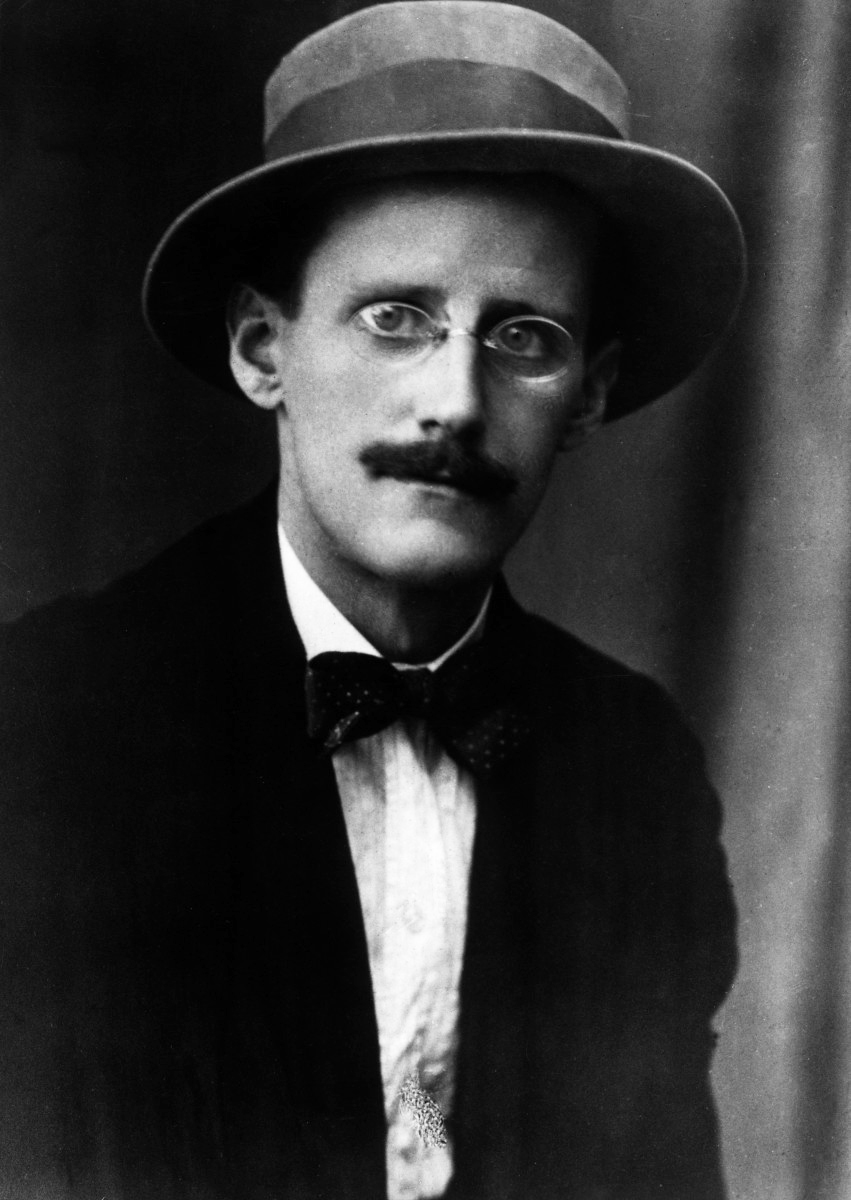Ulysses is perhaps the most influential novel of the 1900’s. It was written by the Irish author James Joyce. Ulysses was first published in Paris in 1922, though portions had appeared in the American magazine The Little Review from 1918 to 1920. Ulysses aroused immediate controversy. Because of the novel’s explicit sexual content, many countries banned it. Government censors banned the work in the United States until 1933 and in the United Kingdom until 1936.

Ulysses takes its title from parallels Joyce established between the adventures of his main character, Leopold Bloom, and those of Ulysses (Odysseus in Greek), the hero of the great Greek epic poem the Odyssey. The action in the novel takes place over a single day—June 16, 1904, in Dublin, Ireland. The three major characters are Bloom, an advertising salesman; his wife, Molly; and young Stephen Dedalus. They are counterparts of Ulysses; his wife, Penelope; and their son, Telemachus, though Dedalus, the leading character from Joyce’s earlier novel A Portrait of the Artist as a Young Man, is not the Blooms’ son. In fact, they barely know him. Bloom’s one-day adventures in Dublin mirror the many years of wandering Ulysses endures as he tries to return to Ithaca after fighting in the Trojan War. Stephen’s day mirrors the attempts by Telemachus to discover his place on his home island and in the world at large.
Bloom suffers ridicule because he is Jewish and because his wife is unfaithful, though far less so than many Dubliners think. He survives the pain and sorrow of his life by a remarkable capacity to absorb suffering—and even to enjoy it.
Ulysses is one of the most challenging novels ever written. Joyce uses many techniques of narration, including that in which the author presents the thoughts, sensations, and memories that flow through a character’s mind. This technique is known as interior monologue, interior narration, or stream of consciousness. The language in the long novel is dense and filled with references to many areas of knowledge, including theology, mythology, astronomy, Irish legends, history, and such languages as Hebrew, Latin, and Gaelic.
The understanding of Ulysses is complicated by the absence of a single accepted version of the novel. Joyce constantly revised his work, and his handwriting was difficult to read. As a result, the first edition sometimes fails to reflect the author’s intentions and contains many errors in spelling. Later editions of the work have attempted to produce a definitive version of Ulysses, but scholars have argued over the accuracy of each edition. Scholars agree, however, that Joyce’s experimental style has been an overwhelming influence on modern fiction.
Every year on June 16, Joyce scholars and admirers gather in Dublin to celebrate “Bloomsday.” They visit the city sites mentioned in the book and even re-create the meals that the author describes Bloom eating on that day in 1904. Cultural institutions in many countries also mark Bloomsday with readings from Joyce’s work and special performances.
